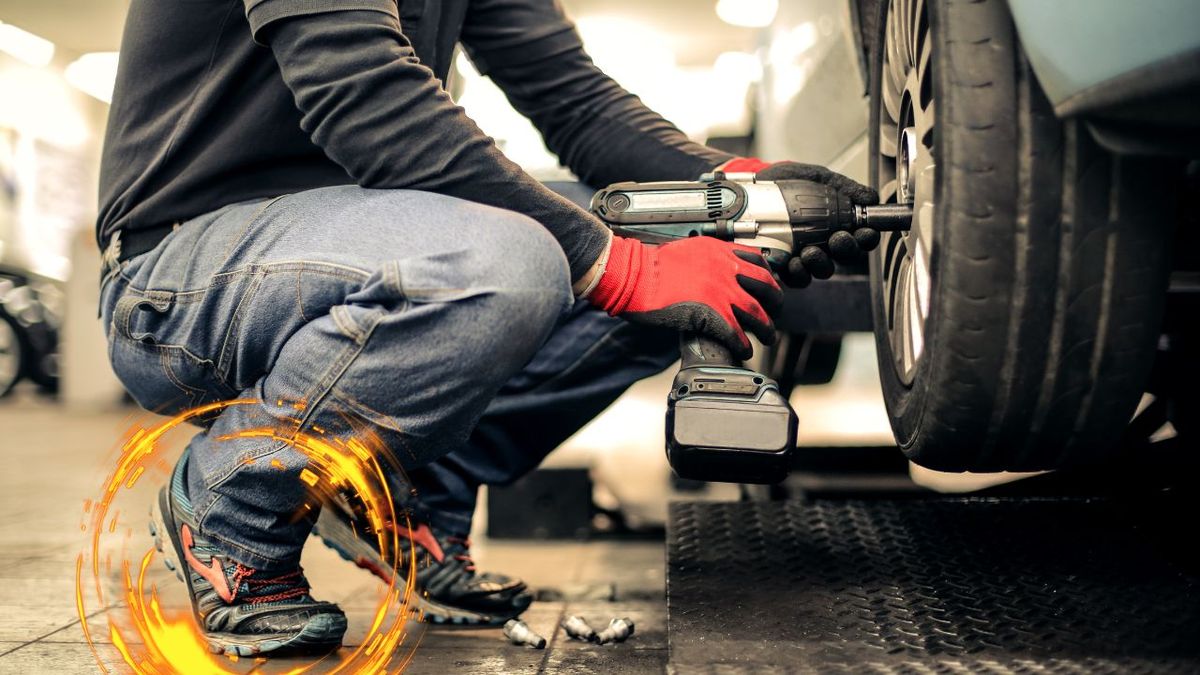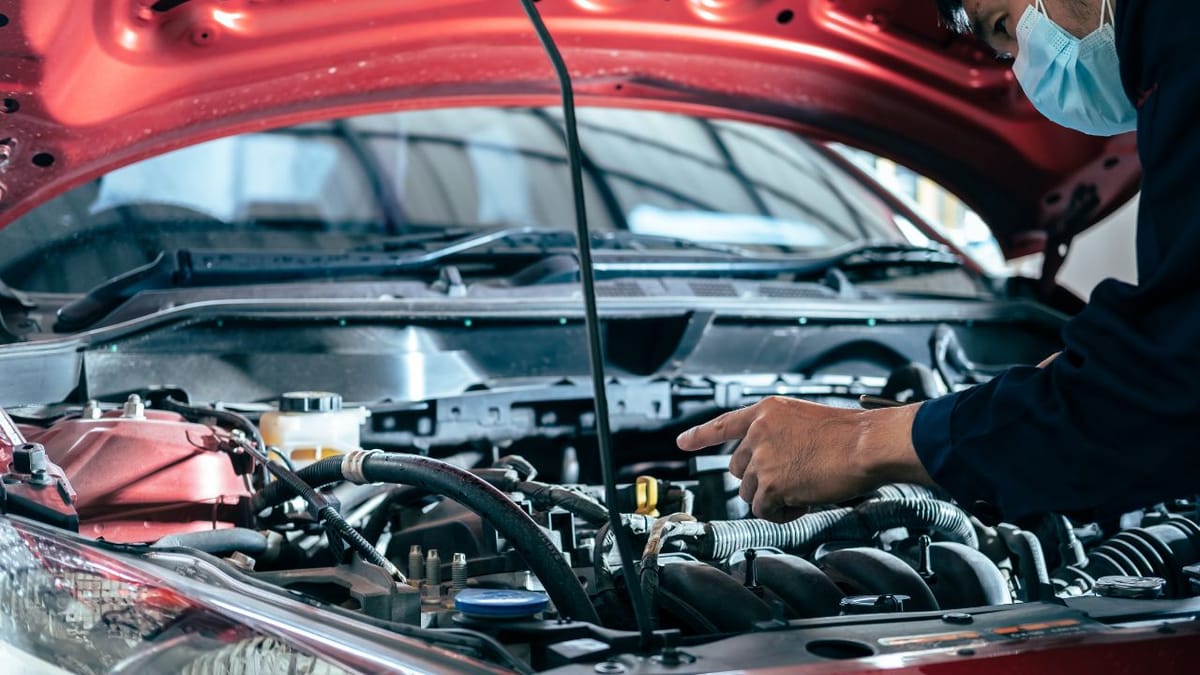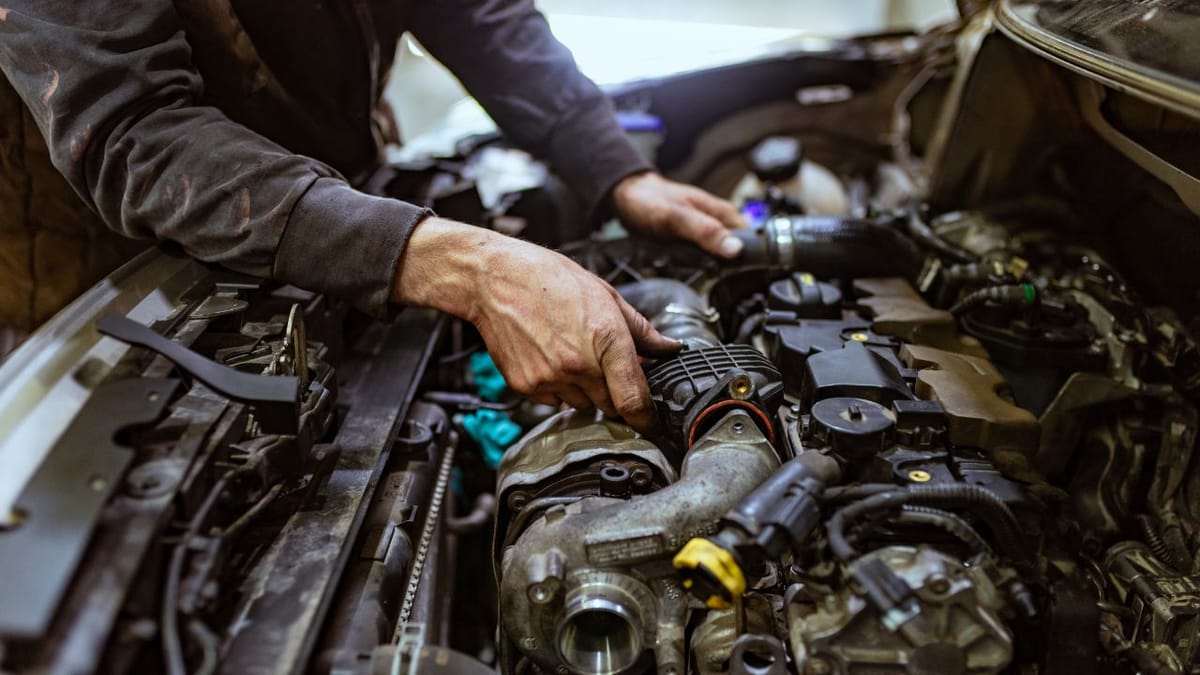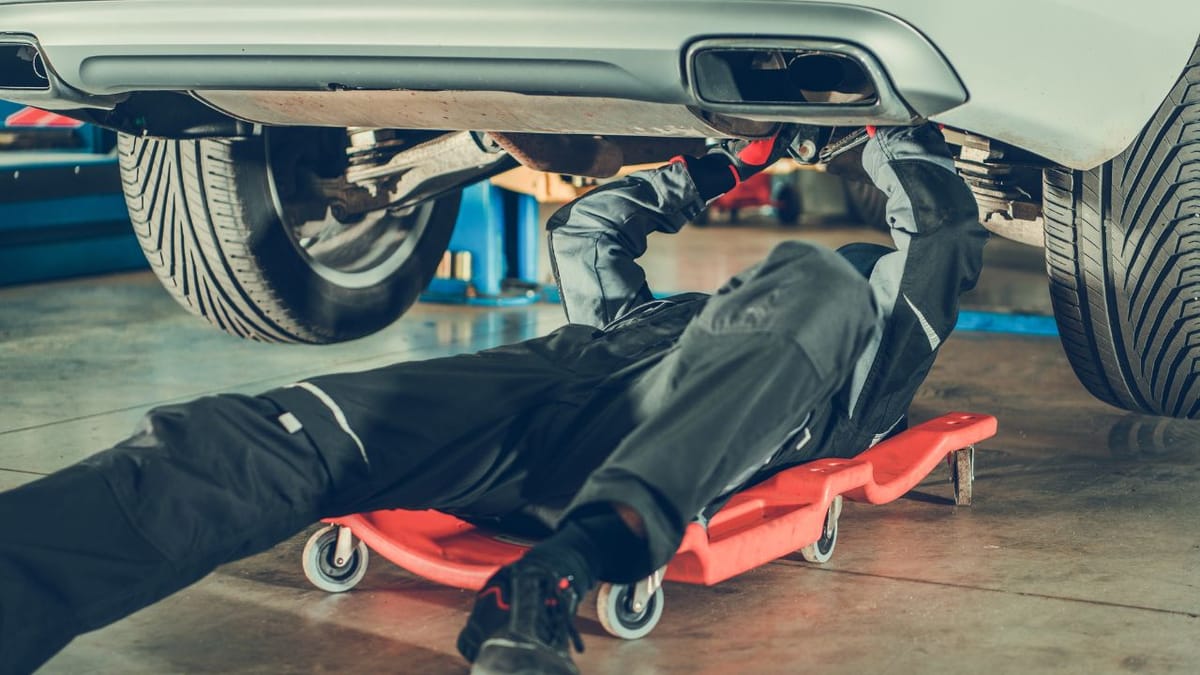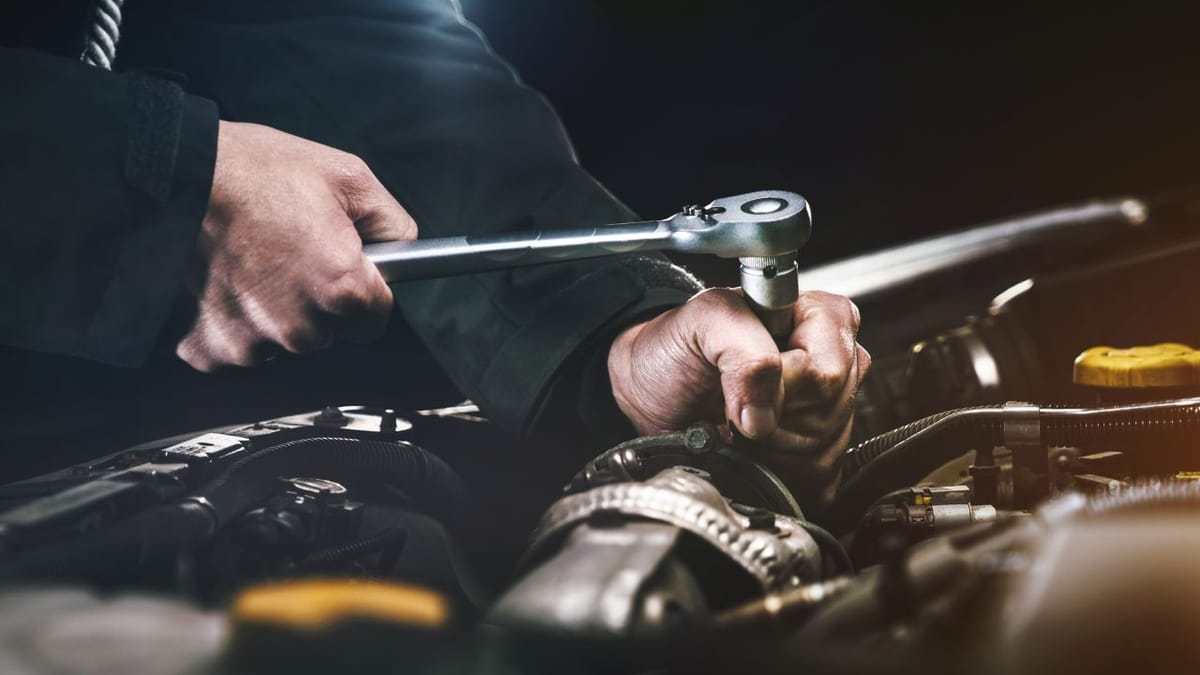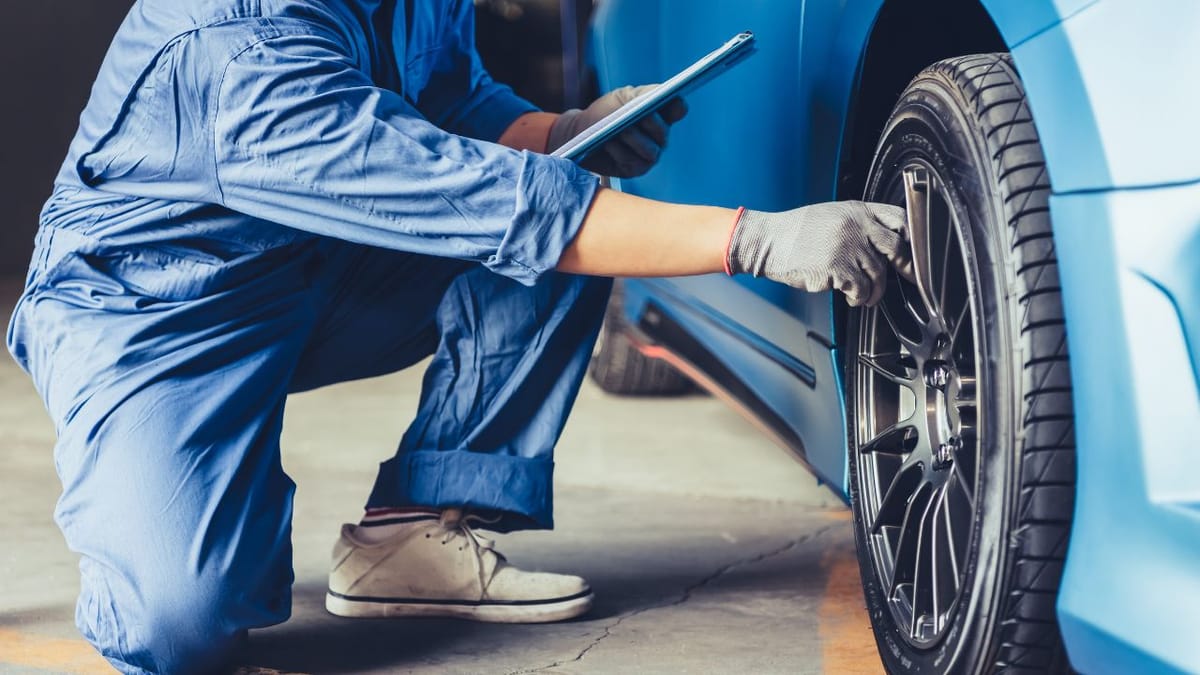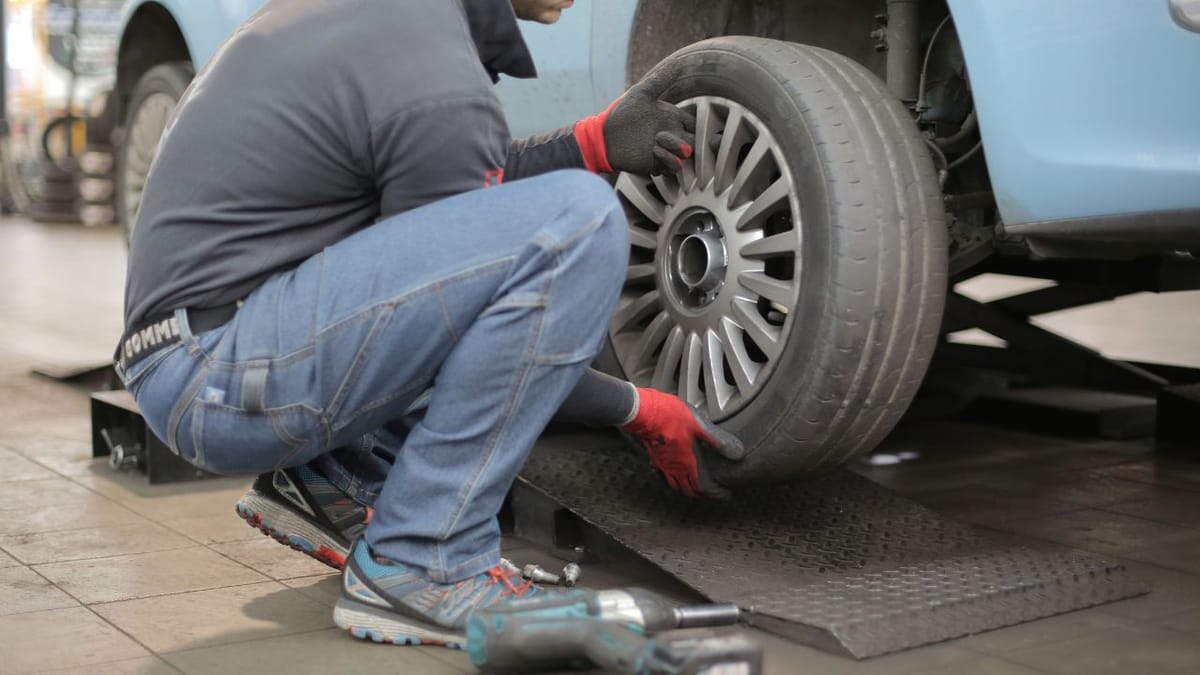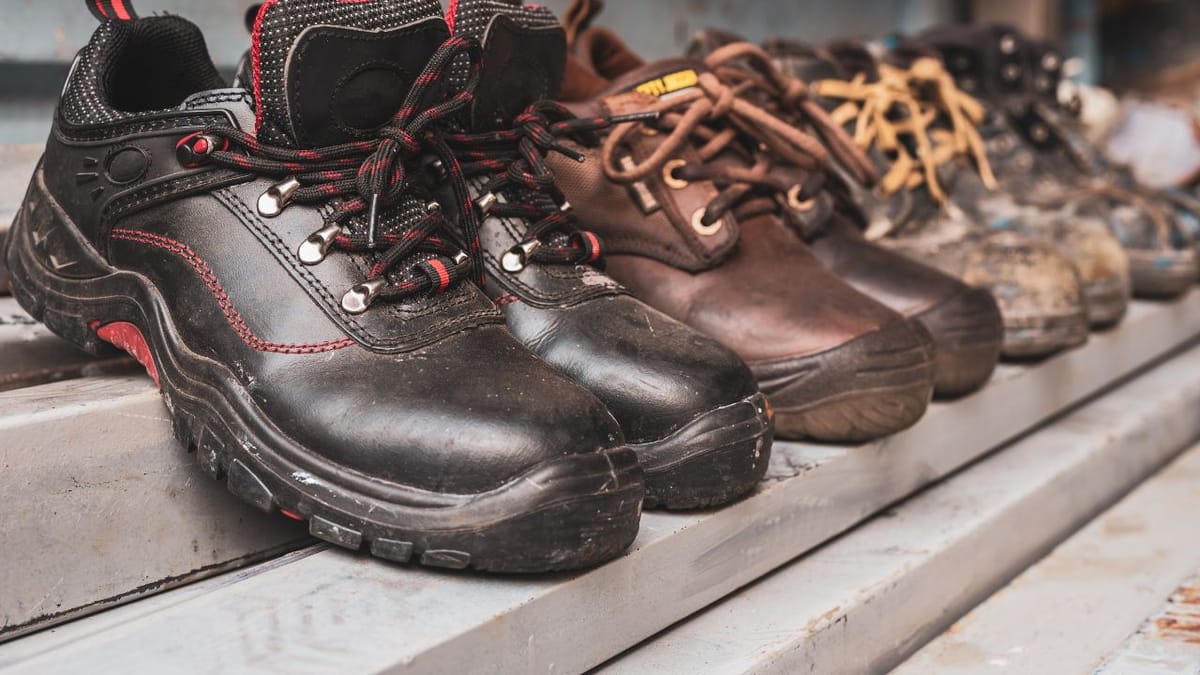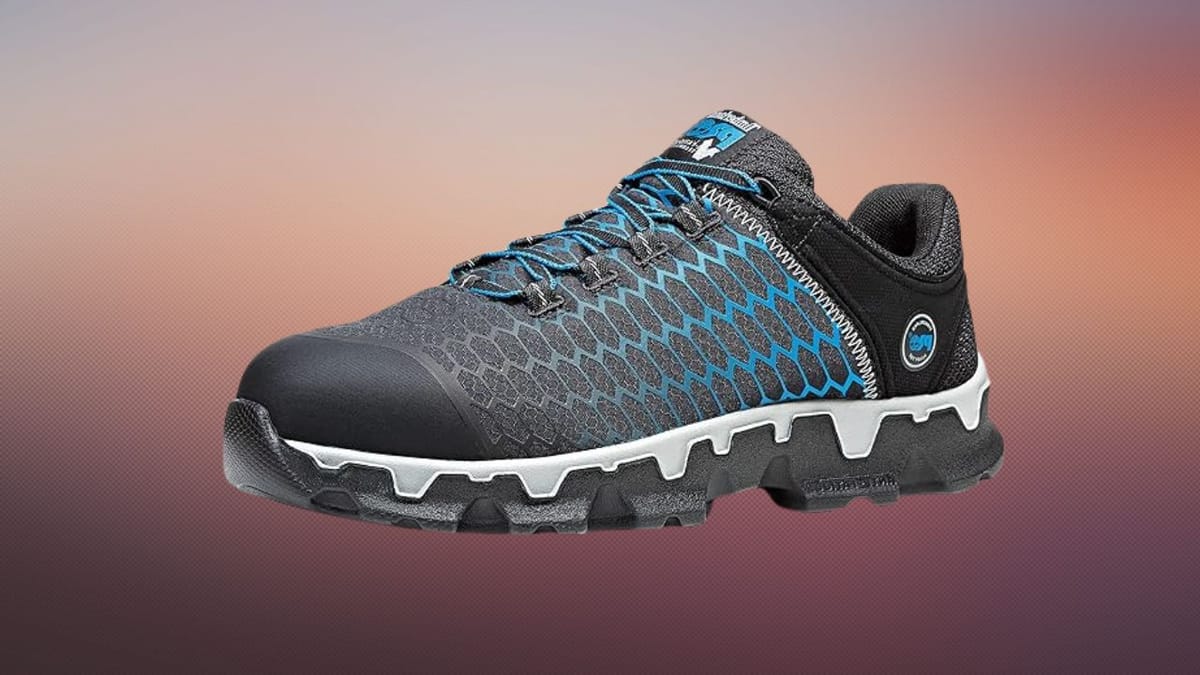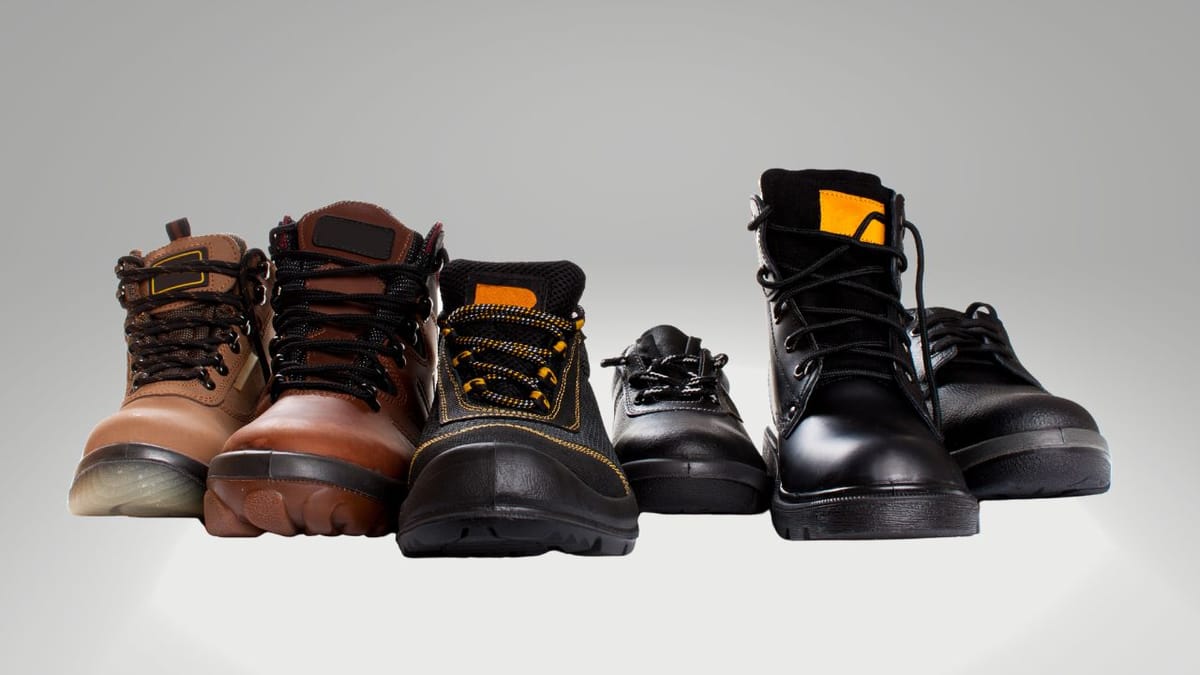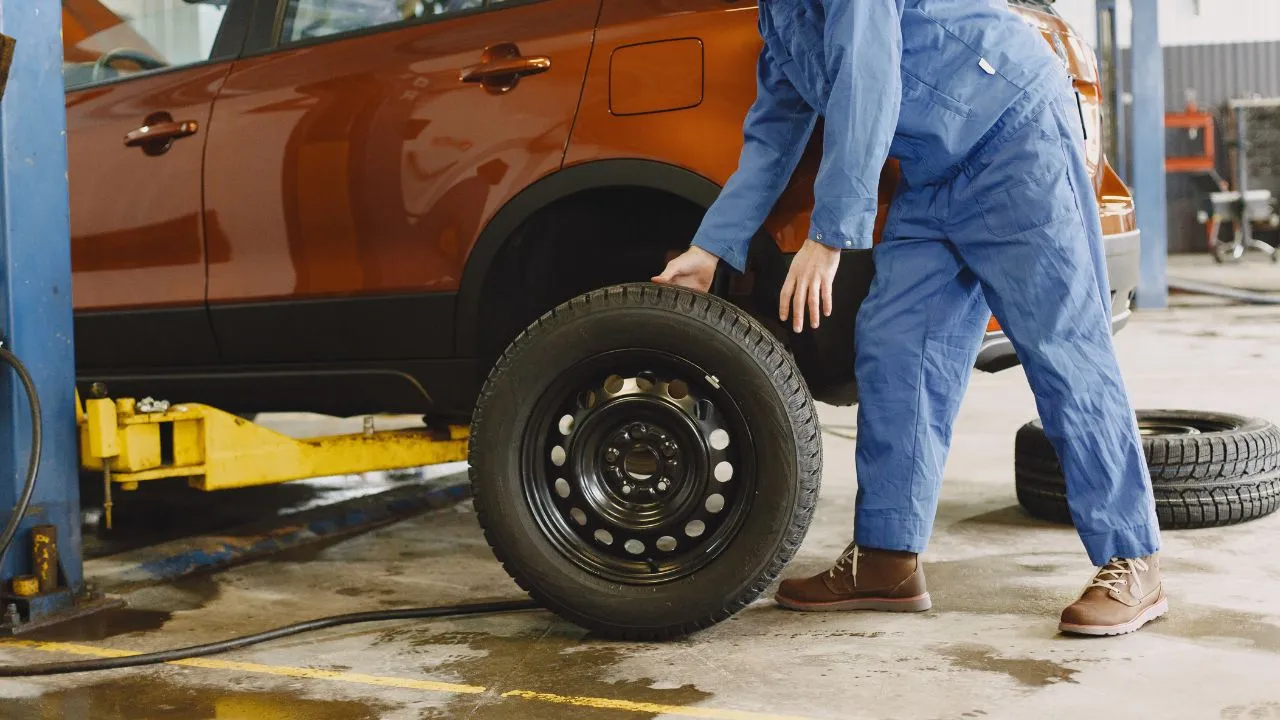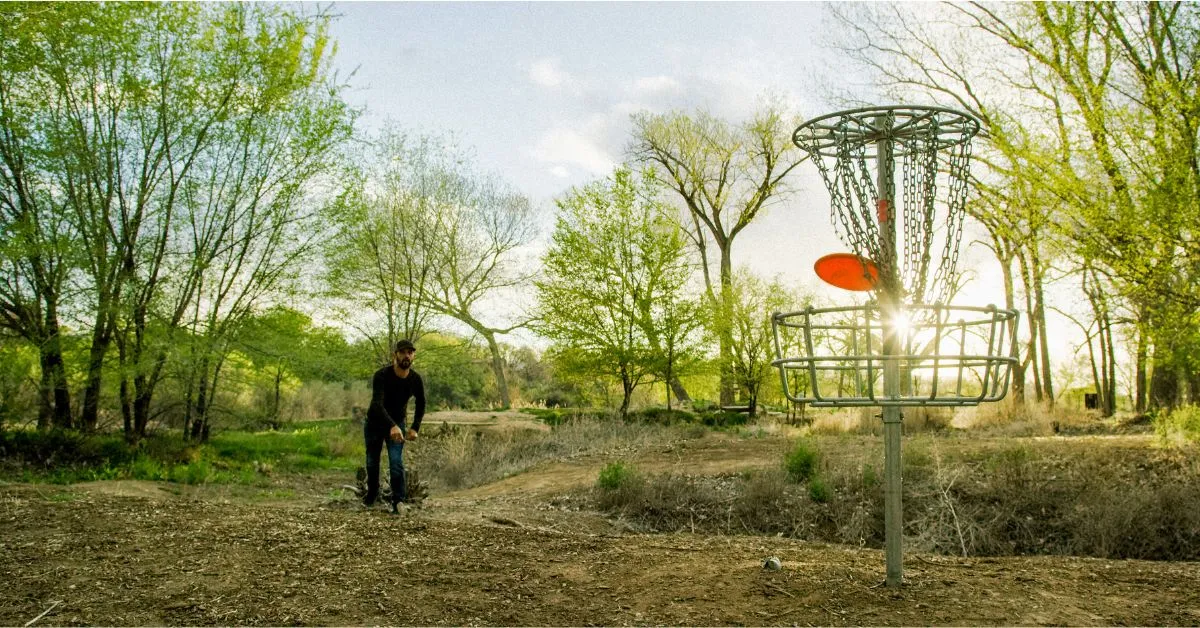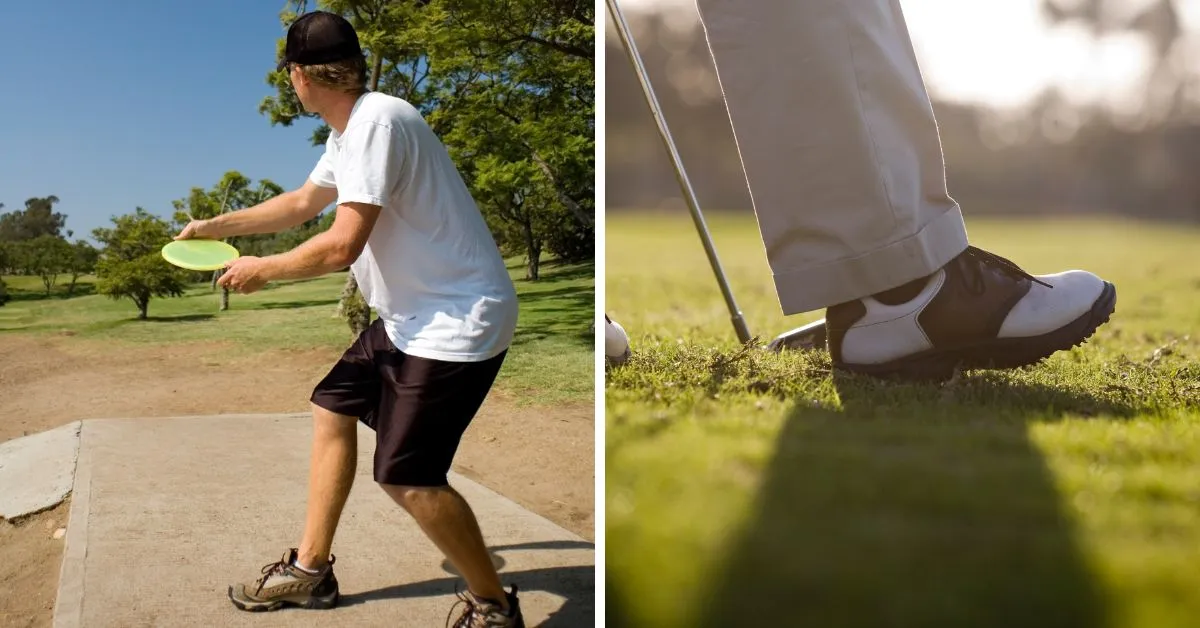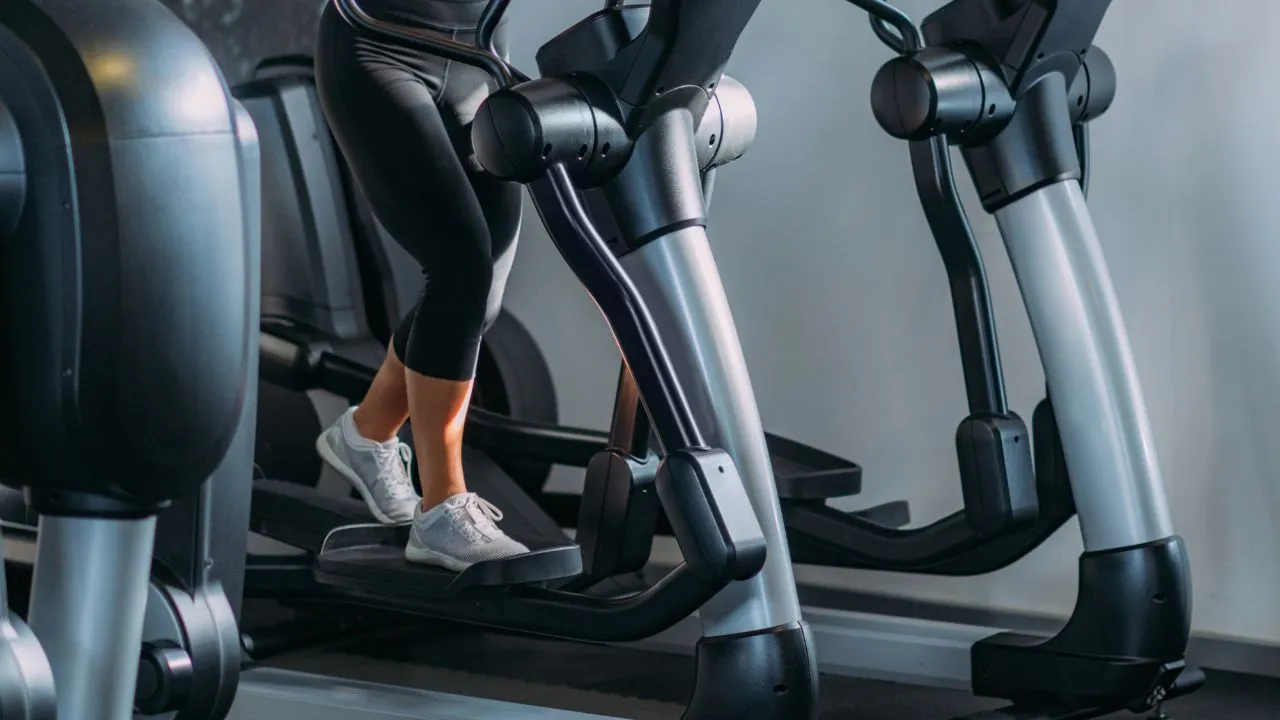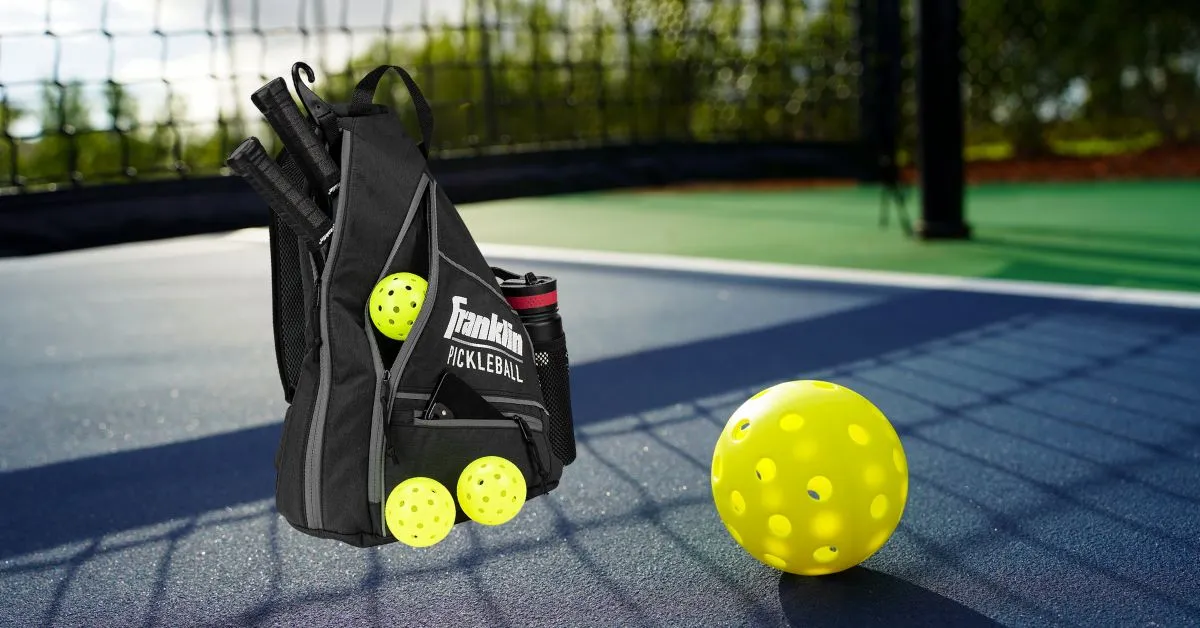Table of Contents
When it comes to working in a shop, whether it's a woodworking space, an auto repair shop, or a metalworking facility, the importance of wearing the right type of shoes cannot be overstated. Not only do they keep you comfortable throughout the day, but they also provide critical protection against common hazards. In this comprehensive guide, we'll walk you through the key considerations and options for footwear that will keep you safe and supported on the job.
Key Takeaways:
- Safety should be the top priority when selecting shoes for shop work.
- Comfort and durability are also crucial for long hours on your feet.
- Specific features like slip resistance, toe protection, and support are essential.
Understanding Shop Hazards and Footwear Requirements
When working in a shop, you're exposed to a variety of hazards that can pose risks to your feet. From falling objects and sharp tools to slippery floors and electrical hazards, the potential for injury is significant. The right shoes act as a first line of defense. They should comply with safety standards like ASTM or OSHA, which ensure that footwear is capable of protecting against specific threats. Look for labels indicating compliance with these standards as a starting point for your selection.
The Importance of Protective Toe Caps
One of the most critical features in shop footwear is the protective toe cap. Steel-toe boots are the traditional choice, offering robust protection against heavy falling objects. However, composite materials are now also used to provide similar levels of safety without the weight of steel. These materials include Kevlar, carbon fiber, or plastic, which can make the shoes lighter and more comfortable for all-day wear, while still meeting safety standards.
Slip Resistance: A Non-Negotiable Feature
Slippery surfaces are common in many shops, and slip-resistant shoes are a must. Look for outsoles that are designed with materials and tread patterns that grip the floor effectively, even in the presence of oil, water, or other lubricants. This feature can prevent falls that lead to serious injuries. Manufacturers often use terms like "oil-resistant" or "slip-resistant" to describe their footwear, so keep an eye out for these descriptors.
Electrical Hazards and Proper Footwear
For those working around electricity, shoes that provide protection against electrical hazards are essential. This includes footwear made with non-conductive materials, which prevent electrical currents from being grounded through your body. Such shoes are often labeled as "EH" for electrical hazard protection. They're a critical component of personal protective equipment in any shop with electrical exposure risks.
Durability and Longevity: Investing in Quality
Durability is key when it comes to shop shoes. You want a pair that can withstand the rigors of the shop environment without falling apart. High-quality materials and construction, such as Goodyear welt or cement construction, can ensure that your shoes last longer and provide consistent protection. While they may come with a higher upfront cost, durable shoes are an investment that pays off in the long run.
Comfort and Support for Long Hours
Comfort is just as important as safety. Shoes that offer adequate cushioning and support can prevent fatigue and discomfort during long hours on your feet. Features like padded insoles, ergonomic design, and proper arch support can make a significant difference in your daily comfort. Remember, uncomfortable shoes are not just a nuisance; they can also lead to long-term foot problems.
The Role of Breathability and Hygiene
Breathability is an often-overlooked aspect of shop shoes. Materials that allow for air circulation can prevent moisture buildup, which in turn reduces the risk of fungal infections and unpleasant odors. Look for shoes with breathable linings or materials like leather or certain synthetics that wick away moisture and keep your feet dry.
Style and Personal Preference
While safety and comfort are paramount, there's no reason you can't also consider style and personal preference. Many safety shoes now come in designs that resemble casual or athletic footwear, offering a more modern look without compromising on protection. This means you can choose shoes that not only keep you safe but also reflect your personal style.
Maintenance and Care for Longevity
Proper maintenance can extend the life of your shop shoes. Regular cleaning, conditioning of leather, and proper storage all contribute to the longevity of your footwear. Additionally, inspecting your shoes for damage and wear can help you identify when it's time for a replacement, ensuring you're always protected.
Making the Right Choice
With all these factors in mind, making the right choice for your shop shoes becomes a matter of balancing safety features with comfort and personal preference. Consider the specific hazards in your workplace, the amount of time you spend on your feet, and the climate you work in. By weighing these factors, you can select a pair of shoes that will serve you well in the shop.
Summary
Selecting the right shoes for shop work is a critical decision that impacts your safety, comfort, and overall well-being on the job. Remember to prioritize protective features like toe caps and slip resistance, while also considering comfort, durability, and personal style. By choosing wisely, you can ensure that your feet are well-protected against the hazards of the shop environment.
FAQ Section
How often should I replace my shop shoes?
The lifespan of your shop shoes depends on the frequency of use and the conditions of your work environment. Regularly inspect your shoes for signs of wear, such as worn-down soles or damaged protective features. As a general rule, replace your shoes when they no longer provide the necessary protection or support.
Can I wear athletic shoes in the shop if they're comfortable?
While comfort is important, athletic shoes typically lack the safety features required for shop work, such as protective toe caps and slip resistance. It's essential to wear shoes specifically designed for the hazards present in your workplace.
Are waterproof shoes necessary for shop work?
Waterproof shoes can be beneficial if you frequently work with liquids or in wet conditions. They help keep your feet dry and prevent water from damaging the shoe materials. However, if your shop environment is generally dry, breathability might be a more important feature to consider.
Other Related Articles
